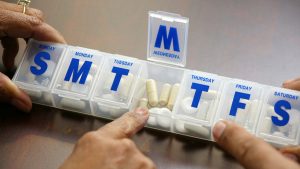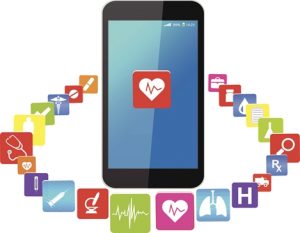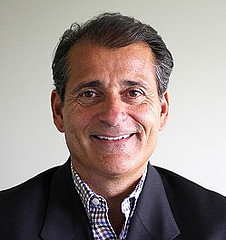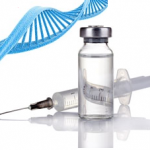United States: Medication Adherence Check Up
Non-adherence includes stopping, not starting, or taking less than the prescribed amount of a medication. More than half of all adults in the United States with a chronic illness report at least one episode of non-adherence to their prescription medication, according to the first National Report Card on Adherence. This report card, developed by the National Community Pharmacists Association (NCPA), gives Americans a weak score when it comes to takingmedications as prescribed.
the National Community Pharmacists Association (NCPA), gives Americans a weak score when it comes to takingmedications as prescribed.
The Centers for Disease Control and Prevention (CDC) says that 80 percent of all medical treatments involve medication. The CDC also estimates that 20 to 30 percent of prescriptions go unfilled.
There is some good news in medication adherence trends, however. A study published in September 2016 shows that low adherence for anti-hypertensive medications decreased among Medicare beneficiaries from 37.4 percent in 2007 to 31.7 percent in 2012.
 Technology is helping to improve adherence rates. Smartphone apps and other technologies have created a new medication adherence market, which offers computerized solutions that remind patients to take medications and take other measures to improve adherence. The global medication adherence market is growing at a significant rate, according to a P&S Market Researchpress release, boasting a 17.5 percent CAGR during 2016-2022.
Technology is helping to improve adherence rates. Smartphone apps and other technologies have created a new medication adherence market, which offers computerized solutions that remind patients to take medications and take other measures to improve adherence. The global medication adherence market is growing at a significant rate, according to a P&S Market Researchpress release, boasting a 17.5 percent CAGR during 2016-2022.
Reasons for Poor Adherence
There are many reasons patients do not take prescriptions as directed. Forgetfulness, concerns about side effects, poor understanding of the need to take medications, affordability, and difficulty getting to the pharmacy are common reasons for poor adherence.
Pharmacy connectedness, which is a feeling of familiarity with a pharmacy provider, is an important factor when it comes to medication adherence. Only 36 percent of those who get their prescriptions by mail report pharmacy connectedness in the report card, while 67 percent of those who visit a chain pharmacy and 89 of those who go to a neighborhood pharmacy report a personal connection with their pharmacists. Patients living in the Northeast and Midwest are slightly more likely to report pharmacy connectedness; those living in urban areas are less likely to
Affordability is another primary predictor in whether a patient will take a medication as prescribed. Whether or not insurance pays for the drug, overall health and income often factor into the affordability of a medication.
Improving Medication Adherence
Healthcare providers can help patients improve medication adherence. Pharmacists are at the front line of addressing non-adherence. Establishing pharmacy connectedness with new patients and improving person connections with existing customers can help these healthcare professionals engage with clients, provide better information about the importance of taking medications as prescribed, and encourage them to better comply with medication regimens. Because of their greater personal connection with patients, independent pharmacists may be in particularly good position to optimize adherence.
Practitioners also play a vital role in stressing medication compliance, monitoring adherence, and helping patients manage side effects and other complicating factors that might prevent patients from taking medication as prescribed. Keeping patients well informed about health conditions can also improve compliance. Both prescribers and pharmacists can help reduce non-adherence by helping economically vulnerable patients find the most affordable medications.
Information, communication, and patient support help patients become engaged and involved in their own health care; they also improve patient satisfaction and loyalty. The results of the scorecard survey suggest patient engagement can reduce the currently high levels of prescription medication in the United States, and address the associated costs and health risks of non-adherence.
Source
http://www.ncpa.co/adherence/AdherenceReportCard_Full.pdf
https://www.cdc.gov/cdcgrandrounds/pdf/gr-pharmacists-10-21-2014.pdf
https://www.ncbi.nlm.nih.gov/pubmed/27432867
Frank Magliochetti is Managing Partner for Parcae Capital.
-
North Andover, Massachusetts
This column of posts is directed at the Healthcare Industry. Frank plans to release a new site dedicated to the industry. He currently assists companies who are building, restructuring, transforming and resurrecting there business’s. An example of his client base are, Xenetic Biosciences , IPC Medical Corp, Just Fellowship Corp, Environmental Services Inc., Parsons Post House LLC, ClickStream Corporation as well as having a business talk radio show; The Business Architect on the URBN network.









